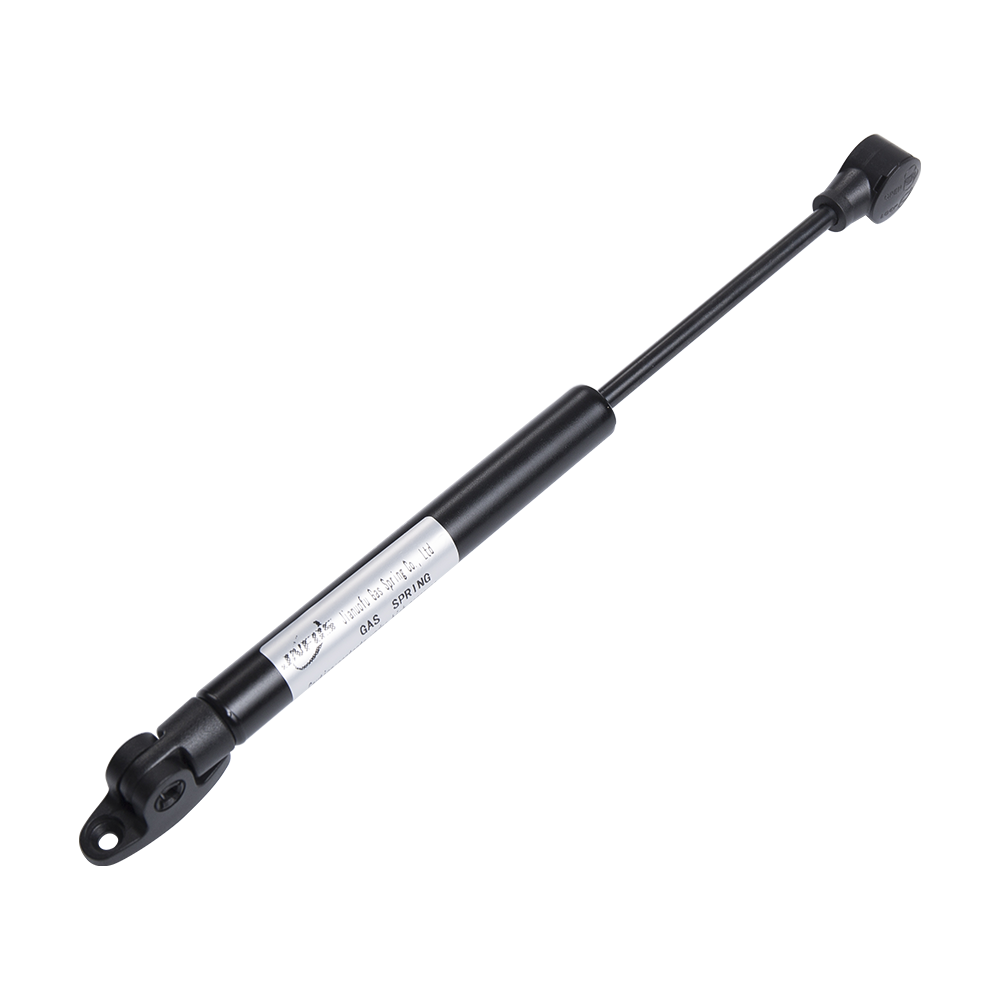When using Cabinet Gas Springs in harsh environments, it is very important to choose specific anti-corrosion materials or coatings. This is because the working environment of the gas spring may involve corrosive factors such as high humidity, salt spray, and chemicals, which will have a negative impact on the performance and life of the gas spring. Therefore, in order to ensure the long-term stability and reliability of the gas spring, appropriate anti-corrosion measures must be taken.
Cabinet door gas springs are usually made of metal materials. Common metal materials such as steel, stainless steel, aluminum alloy, etc., if used in humid, salt spray, acid and alkali environments, without anti-corrosion protection, the metal surface is prone to oxidation, corrosion or rust, resulting in loss of function or failure of the gas spring. Especially in coastal areas, high humidity environments or industrial environments, corrosive gases, chemicals or salt spray will accelerate the aging and damage of metals.
According to the working environment of the cabinet door gas spring, the following are several common anti-corrosion materials and coatings:
Stainless steel gas springs have natural corrosion resistance and are very suitable for use in harsh environments such as humidity, high temperature, and chemical corrosion. Common stainless steel materials such as 304 stainless steel and 316 stainless steel have strong corrosion resistance and can effectively resist the erosion of moisture and some chemical media.
Naturally anti-corrosion, not easy to rust, strong temperature resistance, suitable for a variety of harsh environments.
Galvanized steel gas springs form a zinc layer on the surface by electroplating or hot-dip galvanizing to prevent steel oxidation and rust. The galvanized layer can effectively block air and moisture from direct contact with the steel to prevent corrosion.
High cost performance, suitable for general outdoor or industrial environments, providing better anti-corrosion protection.
Aluminum alloy gas springs have light weight and good corrosion resistance, especially suitable for humid and salt spray environments. A layer of oxide film is naturally generated on the surface of aluminum, which also has certain corrosion resistance.
Light weight and strong corrosion resistance, suitable for low to medium corrosive environments.

In addition to choosing anti-corrosion materials, coatings can also serve as effective anti-corrosion protection. The following are several common anti-corrosion coatings:
Polyester coating is a common anti-corrosion coating with good weather resistance and UV resistance, which can protect gas springs from erosion by ultraviolet rays, humid air and other factors.
Acid and alkali resistant, chemical resistant, suitable for outdoor environments.
Fluoride coating provides excellent anti-corrosion protection, especially in chemical environments, which can effectively prevent erosion by chemical media and salt spray.
Resistant to extreme weather and excellent anti-corrosion effect, suitable for harsh industrial environments.
Epoxy coating provides a solid protective layer that can resist erosion by many chemicals and moisture, and is often used for metal surface treatment in harsh environments.
Good wear resistance and strong chemical corrosion resistance, suitable for high humidity and chemical corrosive environments.
Chrome coating can improve the hardness and wear resistance of gas springs and provide excellent corrosion protection. Especially in high temperature and high humidity environments, chrome-plated gas springs can resist most external corrosion sources.
Strong anti-corrosion ability, wear resistance, high temperature resistance, suitable for high-demand industrial environments.
According to the specific application, the reasonable selection of the material and coating of the gas spring can effectively extend its service life and ensure its long-term reliability in harsh environments.


 English
English русский
русский











